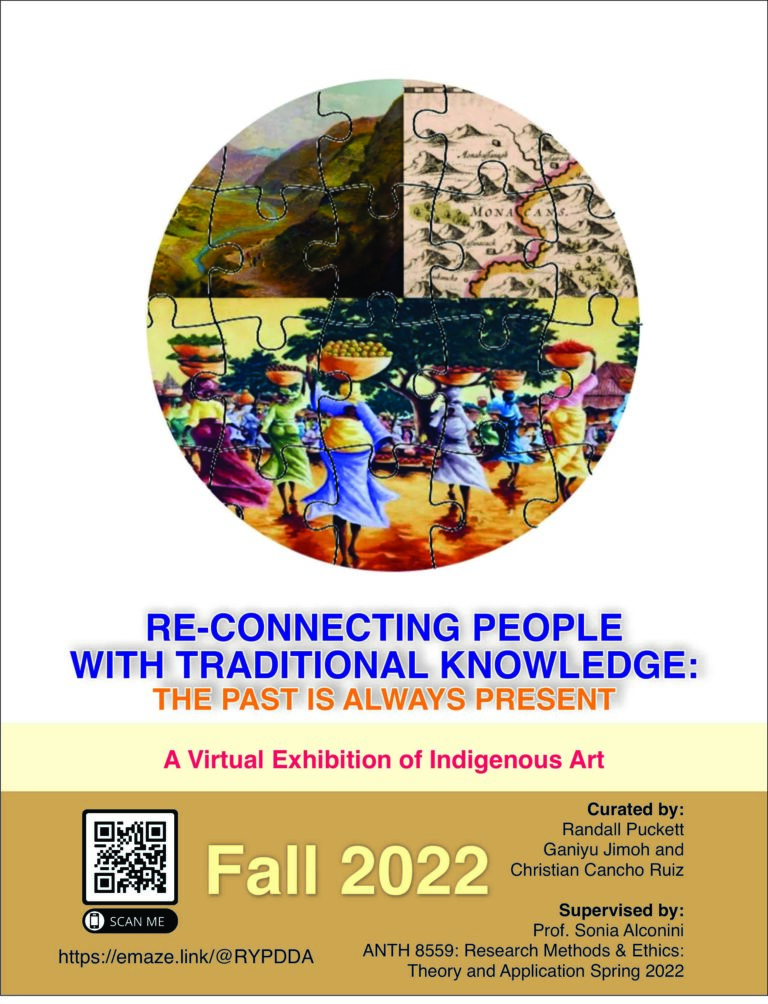Indigenous Studies Interdisciplinary Doctoral Fellowship
Indigenous knowledge systems do not readily conform to the disciplinary boundaries of a research university. Indigenous epistemologies, practices and belief systems, often move within and across humanistic, social and scientific divides. Indigenous Studies is more than just an inter-discipline or cross-disciplinary field. It is an epistemological framework that grounds research in the protocols of place acknowledgement, and the researcher’s own positionality. Indigenous research done by indigenous scholars cannot be divorced from wider processes of social and restorative justice and decolonial practices, whether at local or global scales.
PhD students entering departments across the College of Arts & Sciences are invited to apply to the Indigenous Studies Interdisciplinary Doctoral Fellowship (IDF). Students are admitted through their home departments (Anthropology, Environmental Sciences, History, etc.) and then become part of the IDF program. In addition to joining an extended network of mentors and community of scholars at all levels, IDF students benefit from a $6,000 supplement to their graduate stipends, paid in monthly installments throughout the year and as a summer top-off of $1,500. To learn more about the program and for application instructions, please click here.
The Indigenous Studies IDF has two main components, a 3-credit seminar on theories and methods in Indigenous Studies and a year-long series of brownbag presentations on work in progress by faculty, students, and Tribal citizens. For the 2022-2023 academic year, the seminar will be taught in Spring 2023 and the brownbags will generally meet on the second Friday of the month from 10:30-11:45 in Room 116 of the Democracy Initiative (Bond House).
Students in the seminar collaborate with each other and with faculty to organize an event of their choosing, such as a conference, workshop, or community powwow. Funds for the event are provided by the Graduate School as part of the IDF, although students are encouraged to work with faculty on grant proposals for events that may require larger budgets.
In the 2021-2022 academic year, students designed a virtual art exhibit, interviewed faculty mentors, and began planning a conference for Spring 2023. Please read below for details on each of these programs.
